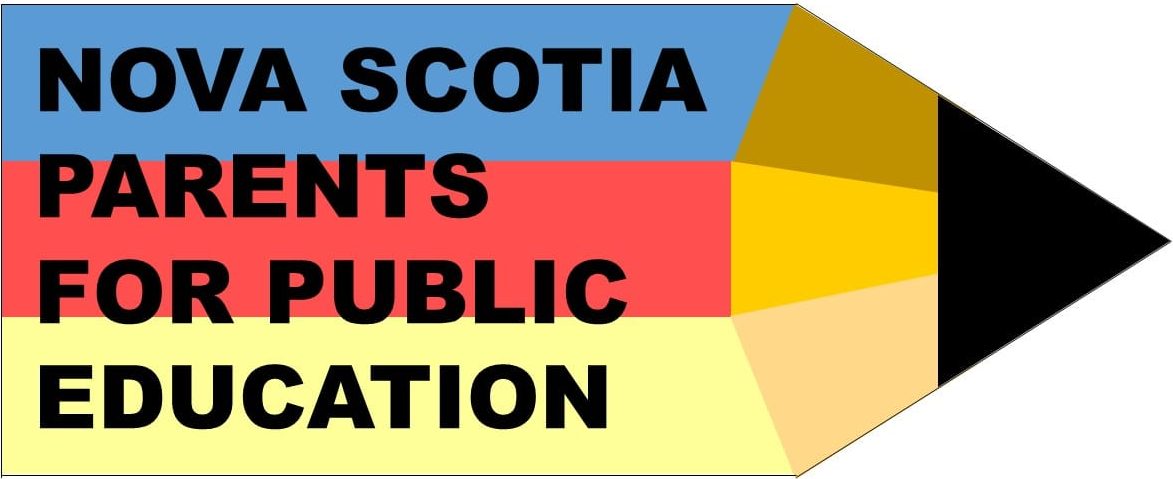Statement by Nova Scotia Parents for Public Education on NSTU strike vote 2024
We were there for teachers in 2016-17. And we are here for teachers today.
Nova Scotia Parents for Public Education is a group of parents, grandparents, teachers and others in Nova Scotia interested in promoting the principles of public education. And we believe that teachers are the backbone of public education.
We began as “Nova Scotia Parents for Teachers” in 2016 amid the labour dispute between the Nova Scotia Liberal provincial government and the teachers’ union. Very quickly, our Facebook group grew and we still maintain tens of thousands of members. As that labour dispute ended, we decided to broaden our focus and our name to Nova Scotia Parents for Public Education.
What goes around comes around. Now teachers are locked with another provincial government in a labour dispute. The NSTU has called a strike vote among its members for 11 April.
The issues that lay behind the battles of 2016-17 are similar to those today. As the adage goes, our children’s learning conditions are teachers’ working conditions.
- Levels of violence in our schools are rising, posing great challenges to our teachers and students.
- There is a shortage of qualified teachers. The current government’s response, which is to lower the educational standards for new recruits, is not the answer to the demands of increasingly complex job.
- Classroom conditions are deteriorating catastrophically. The quality of air in many schools is below health standards, especially as COVID-19 remains a hazard. Classrooms are crowded. Teachers’ workloads are onerous. Our kids feel the effects of the teachers’ burnout. Our schools will only improve when those issues are addressed.
- Teachers’ compensation still lags well behind the Canadian average. Despite some “catch-up” from the disastrous government wage edicts of the past, teachers still make less in real money than they made twenty years ago.
We live in a society where socio-economic disparity is increasing. While our province’s prosperity has increased over the last fifty years, and the rich get richer, wages for most people have fallen. Intergenerational socio-economic mobility is decreasing or stagnant – people in younger generations just cannot get ahead.
Nova Scotia has one of the highest rates of child poverty in the country, which has become one of the biggest challenges faced by our education system.
Progressive public education has traditionally been one of the most powerful social programs directed at resisting these trends. On the whole, Canada has one of the best public education systems in the world, and we believe that we must strengthen it as a program for social justice for every student.
Public education has been under sustained attack in Nova Scotia. The notion of teacher professionalism has been a prime target. Not so long ago, teachers, with their specialized training, were entrusted with the care and development of children, were respected, and were fully involved in the setting of the rules and curricula that governed their work.
In P-12 education, the assault against teachers’ collective bargaining, the removal of principals and educational specialists from the bargaining unit, and the elimination of elected, English-language school boards is part of a not-so-hidden strategy of taking control of education away from citizens and placing it within the hands of government and its bureaucrats, many of whom are not educators.
We hope a strike can be avoided, but we have great faith in teachers. If they vote in favour of a strike on April 11, we know it is for the sake of the changes that our public schools desperately need.
